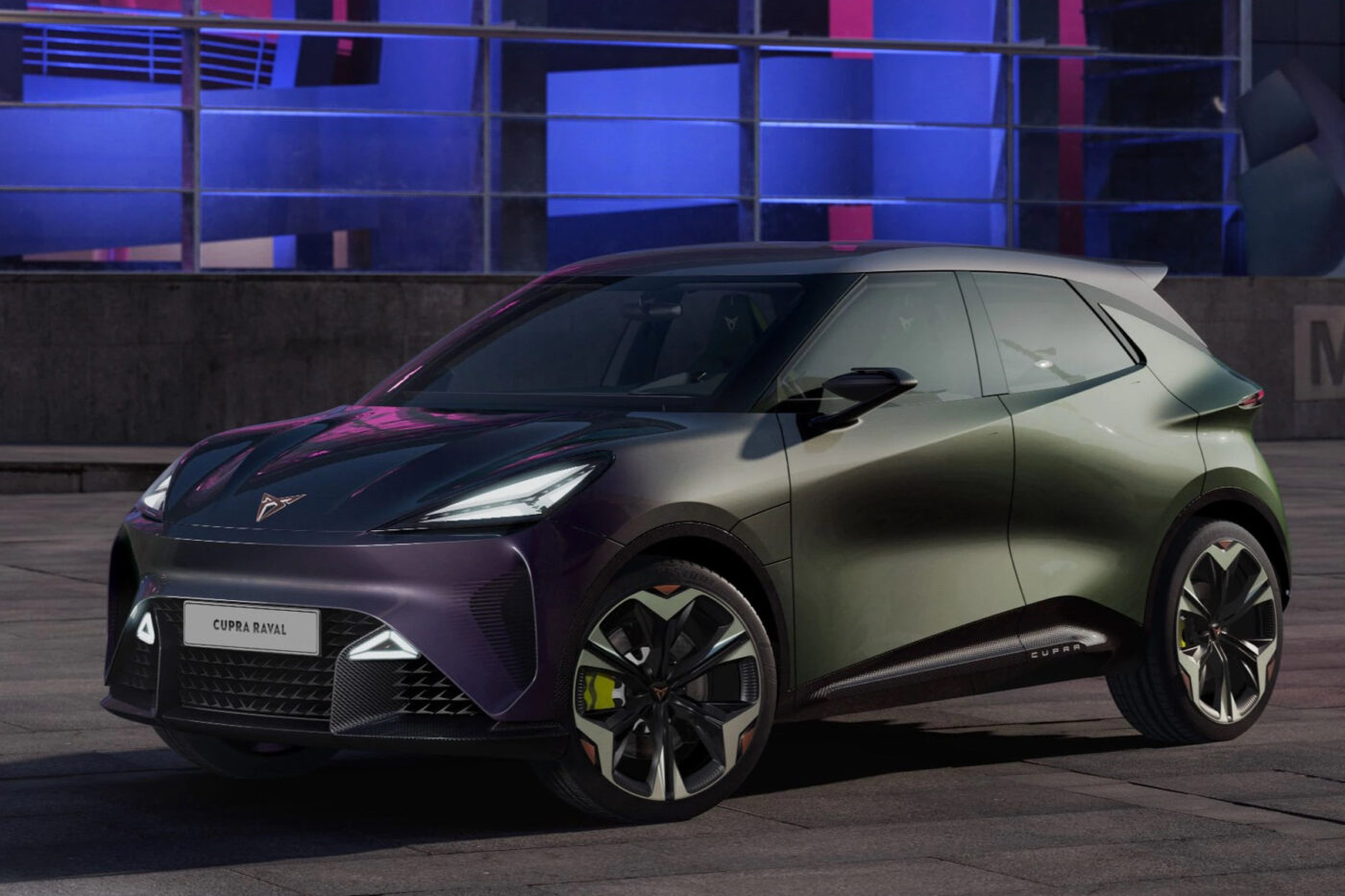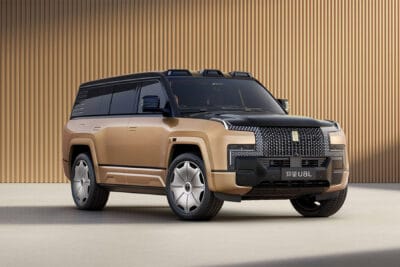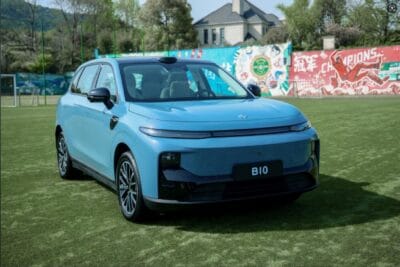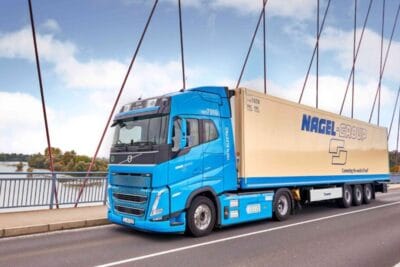Seat plans pre-series production of small electric cars before 2025
In preparation for the production of the small electric cars in Martorell, Seat has relocated the production of the Ibiza and Arona small combustion cars to line 3 so that line 1 can be prepared for the ‘Electric Urban Car’, as the company has announced. The conversion is to be completed in the course of this year and production of the pre-series started. The switch to series production is then planned for 2026 – although Seat is not yet giving any more precise details.
A more powerful and efficient press has already been installed in the body shop for the new models and the first all-electric paint-drying oven in the entire VW Group has been put into operation. The company also reported progress in battery assembly.
Seat remains somewhat more general in this update because the announcement is not just about production, but Seat’s entire electrification commitment this year. The company plans to double the number of charging points in its plants to over 250 in the first quarter of 2025 and triple the charging network in the car parks around its plant in Martorell to 140 charging points over the course of the year. The background to this is that all 450 managers at Seat SA now drive electric cars and other employees are also to be encouraged to do so. The electricity comes exclusively from renewable energies and a large solar plant is also due to go into operation this year.
Production forecast probably lowered
Seat and Cupra boss Wayne Griffiths was apparently a little more specific in an interview with ‘La Tribuna de Automoción’, as the specialist portal writes that the slower ramp-up of e-mobility in Europe will probably also affect the production of small electric cars. In addition to the Seat plant in Martorell with the Cupra Raval and VW ID.2, the VW plant in Pamplona in the autonomous region of Navarra, where the two small car SUVs ID.2 X and Skoda Epiq will roll off the production line, will also be affected.
The production forecasts for 2026 and 2027 are now ‘much lower’ than originally calculated. Specifically, the report cites just under 300,000 ID.2 and Raval units each in these two years as the current planning status, while the figures for Navarra are around 134,000 and 337,000 units respectively. Calculated over a year, that would be just under 300,000 BEVs from Martorell and 235,000 from Navarra, although the volumes are likely to be lower in the first year and slightly higher in the second year during the production ramp-up. In the longer term, however, Seat will stick to the targets of producing 500,000 units per year in Martorell and 300,000 in Navarra – because this level is necessary to recoup the investments. Series production of the Cupra Raval and the Skoda Epiq is scheduled to begin in March 2026. The VW ID.2 is to follow ‘a few weeks later’ and the VW ID.2 X around three months later.
Seat is also driving forward electromobility in Spain – where sales of electric cars are lagging behind other European markets – not only to secure electric car production and employment but also to boost sales. ‘In March 2021, we promised to electrify our company and put Spain on electric wheels. Since then, we have been working hard to make this goal a reality,’ says Griffiths. ‘However, the market is not taking off, because this year 25 per cent of vehicles sold in Europe should be 100 per cent electric and we are only halfway there. In Spain, we are much further away at just over five per cent and there is no sign of improvement.’
For this reason, the company has now signed the ‘CASA SEAT Declaration for the Promotion of Electromobility in Spain’ together with the Spanish government (represented by the Ministry of Industry and Tourism), the Generalitat de Catalunya, the Comunitat Valenciana and the Government of Navarra. “In the ‘CASA SEAT Declaration for the promotion of electric mobility in Spain’, the company and institutions commit to work to implement urgent measures to guarantee the success of the transformation towards electrification,” Seat wrote, describing the aim of the project. “The commitment aims to incentivise the purchase of electric vehicles with direct aid, promote charging infrastructure, renew the public fleets of the different administrations with electric vehicles and proactively and positively communicate the advantages of electric vehicles.”
The Spanish eMobility subsidy Moves III expired at the end of 2024. Work is currently still underway on funding for 2025 with the focus on ironing out the structural weaknesses of the programme. For example, some applicants currently have to wait two years for the environmental bonus to be paid out.
seat-mediacenter.com (Martorell), latribunadeautomocion.es (in Spanish), seat-mediacenter.com (CASA Seat)





0 Comments